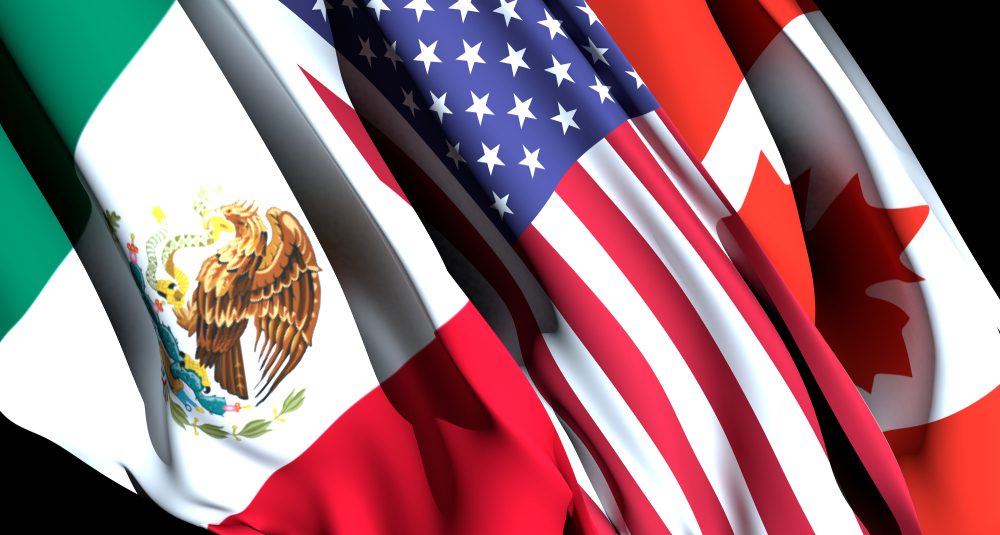Featured Show:


Nobody can deny the power of social media in our society. However, many car dealers are still not taking advantage of advertising opportunities on social media platforms, especially Facebook. On the latest edition of Straight to the Point, host Frank J. Lopes asks, are you really evaluating your social media advertising properly, or are you just scratching your head? Today, Frank takes a closer look at what car dealers are getting right, and wrong, about social media. Watch the complete segment here.
Headlines:
Ford has signed a five-year deal with Stripe Incorporated, which provides solutions for online payment processing. CNBC reported Ford will use stripe for both consumer and commercial purchases, and the deal is just one component of Ford CEO Jim Farley’s plan to revamp the automaker’s business procedures, which seems to include more digital processes and online capabilities for consumers. The agreement comes after Ford’s market value reached $100 billion last week for the first time ever after it revealed more details about the company’s upcoming electrification strategy. In November, Stripe’s value reached $95 billion and its other notable clients include Instacart, Shopify, and Wayfair.
After Tesla CEO Elon Musk announced last Friday that Tesla will offer Dogecoin as acceptable payment for select merchandise, the price of Dogecoin increased to 20 cents per coin before ending up at 18 cents per coin a few hours later. This was a 9% increase, and Tesla-branded products that can reportedly be purchased with Dogecoin include a whistle, a kids’ four-wheeler, and a belt buckle. Purchasing items with Dogecoin does come with limitations, including the inability to cancel orders or return merchandise purchased with the cryptocurrency.
Tesla is looking to reach the top of the luxury brand chart, with its only remaining competitor for number one being BMW. Experian reported in November, that slightly over 318,000 BMW vehicles were registered in the U.S. and over 303,000 Tesla vehicles were registered. Exact numbers aren’t quite available yet, as Tesla’s reporting method does not separate U.S. Sales from international ones and registration data is not retrieved until several weeks after sales are made. While Tesla is now in the mix, the battle for the number one spot has historically been between BMW, Lexus, and Mercedes.
Earlier this year, Mexico’s government formally requested an arbitration panel after expressing concern that the way the U.S. is interpreting certain components of the United States-Mexico-Canada Agreement may be incorrect. Specifically in question is the way the U.S. is determining the regional value content of vehicles and auto parts manufactured throughout North America and if they actually fulfill the requirements they need to in order to avoid tariffs. Canada agreed with Mexico’s assessments, joining the controversy last week, and an arbitration panel with members from each country is expected to convene this spring or summer.
News & Opinion:


Cox Automotive has released its 2022 forecast, which predicts that new car sales will increase, used car sales will remain strong, the ongoing inventory issues should find some relief in the second half of the year, and the electric vehicle segment will do very well throughout the year. It also suggests leasing activity and auto loan interest will increase, used car values will go down, revenue will be strong in the service lane, and sales methods will continue to become more digital. Let’s take a look at some of the recent forecasts in more detail. Read More


Canada has joined Mexico in a dispute over the interpretation of USMCA automotive rules of origin that the U.S. is applying the regional vehicle content (RVC) stipulations more strictly than the agreement allows for. The United States is considering RVC of core parts like powertrain components as a heavier factor toward the vehicle’s overall build than the two other nations believe was negotiated in the agreement that went into effect July 1, 2020. To counter the more stringent application of the trade rules, Canada joined with Mexico last week in a request to begin a formal dispute settlement panel to reach a conclusion on the challenge. Read more
Did you enjoy today’s automotive newscast? Please share your thoughts, comments, or questions regarding this topic by submitting a letter to the editor here, or connect with us at newsroom@cbtnews.com.
Be sure to follow us on Facebook and Twitter to stay up to date or catch-up on all of our podcasts on demand.
While you’re here, don’t forget to subscribe to our email newsletter for all the latest auto industry news from CBT News.




